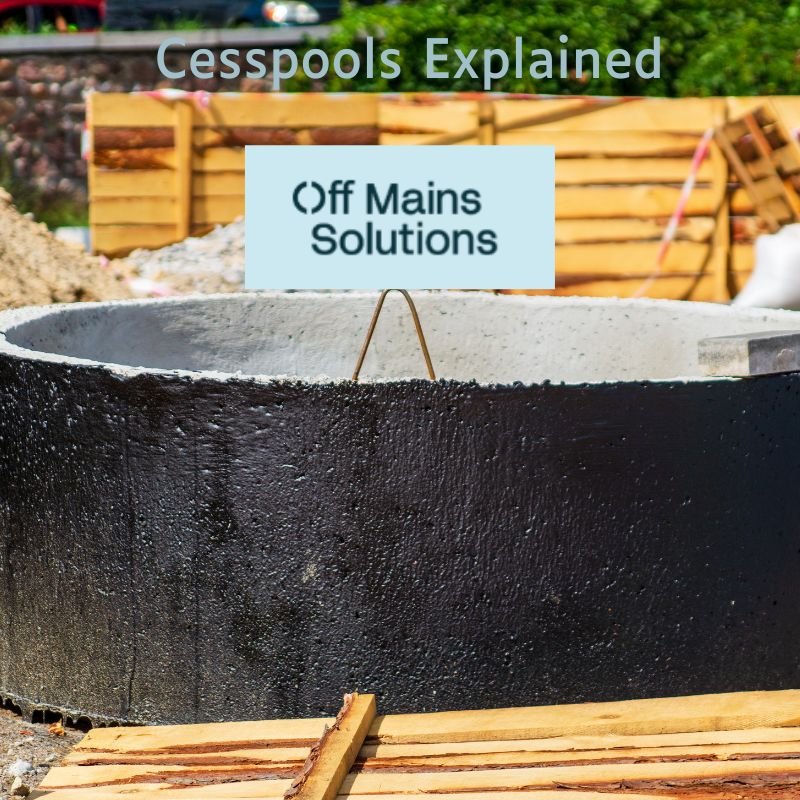Challenges of Cesspools in the UK
In the patchwork of Britain's countryside, particularly in rural and remote areas, the presence of cesspools stands as a testament to centuries-old waste management practices. However, as environmental standards evolve, populations grow, and societal attitudes towards sustainability shift, the use of cesspools in the UK presents a complex array of challenges in the modern era.
Understanding Cesspools
Cesspools, akin to their cousins, the cesspits, have deep roots in British history. These underground reservoirs, typically constructed of brick, concrete, or sometimes even lined with compacted soil, serve as temporary receptacles for human waste. Commonly found in areas without access to mains drainage or in historical properties, cesspools have provided a practical solution to the challenges of sanitation in rural regions.
Environmental and Health Concerns
Despite their historical significance, cesspools are increasingly scrutinised through the lens of environmental sustainability and public health. Inadequately maintained cesspools can pose significant risks to groundwater and surface water quality. Leaks or overflows from cesspools can introduce harmful pathogens and pollutants into the environment, endangering both human health and ecosystems.
Regulatory Landscape
The management of cesspools in the UK is governed by a complex regulatory framework aimed at safeguarding public health and the environment. Property owners with cesspools are legally responsible for their upkeep and ensuring compliance with regulations concerning waste disposal. Non-compliance with these regulations can result in legal penalties, including fines and orders for remediation.
Financial Implications
Beyond regulatory compliance, the financial burden of cesspool maintenance and emptying can be substantial for property owners. Unlike properties connected to mains drainage, where waste is treated and discharged by sewage treatment facilities, cesspool owners must bear the ongoing cost of regular emptying and disposal of waste by licensed contractors. This ongoing expense can strain household budgets, particularly for those with limited financial resources.
Technological Solutions
In response to the challenges posed by traditional cesspools, innovative technologies are emerging to improve efficiency, reduce environmental impact, and enhance public health outcomes. Alternatives such as bio-digesters, composting toilets, and decentralised wastewater treatment systems offer promising solutions for decentralised sewage management, providing opportunities for resource recovery and reducing reliance on traditional cesspools.
Community Engagement and Education
Addressing the modern challenges of cesspools in the UK necessitates a comprehensive approach that encompasses community engagement and public education. Providing property owners with information on proper maintenance practices, waste reduction strategies, and alternative sewage management options can foster a culture of environmental responsibility and collective action.
Conclusion
As the UK grapples with the complexities of modern waste management and environmental stewardship, the role of cesspools remains a topic of debate and scrutiny. While deeply ingrained in heritage and tradition, cesspools must adapt to meet the evolving demands of the 21st century, striking a delicate balance between preserving history and safeguarding the environment and public health.
By embracing innovation, regulatory oversight, and community collaboration, the UK can navigate the challenges of cesspool management while charting a path towards a more sustainable and resilient future for all. In doing so, we honour the legacy of the past while building a legacy of stewardship for generations to come.
Contact Off Main Solutions here for a free quote and friendly advice for any project or job.

